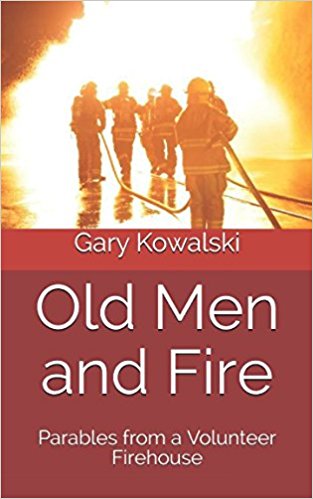One hundred years ago, on August 18, 1920, women won the right to vote with ratification of the 19th Amendment to the U.S. Constitution. A nation founded on the precept that “all men are created equal” (meaning property-holding white males) moved one step closer to enfranchising all its citizens, regardless of race or sex.
Women for three generations marched, agitated and went to prison to win the ballot. They were heckled, manhandled and force-fed when they went on hunger strike to call attention to their cause. Dorothy Day, who later founded the Catholic Worker movement, was slammed with arms twisted over the back of an iron bench at the Occoquan Workhouse, a prison in northern Virginia where she and other suffragists were jailed for protesting outside the White House. One of her cell mates was manacled with hands above her head and forced to stand all night.
Women were not given the right to vote. They paid for it and took it.
Yet democracy remained elusive. Native Americans here in New Mexico could not vote until 1948, when Miguel Trujillo of the Isleta Pueblo returned from serving as a marine in World War II and was denied the ballot; the resulting lawsuit finally enfranchised this land's oldest inhabitants. African Americans were barred from polling places, especially in the South, until the Voting Rights Act was enacted in 1965, after non-violent demonstrators marching from Selma to the Alabama state capitol in Montgomery were beaten bloody by state police while crossing the Edmund Pettus Bridge.
Now all those hard won rights are under assault.
Voter suppression takes many forms. To take our neighbor Texas as an example, gerrymandered districts there mean that while non-Hispanic whites make up just 41% of the population, they comprise two-thirds of the state legislature and Congressional delegation. Reducing the number of polling places is another way to lower turnout, making it harder for wage-earners and low income individuals (primarily people of color) to cast their ballot, again citing Texas, which has closed 750 polling stations in recent years. “The fact of the matter is that Texas is not a red state,” according to Antonio Arellano of Jolt, a progressive Latino political organization. “Texas is a nonvoting state.” Rules there allow a concealed weapon permit to be used for access to the voting booth, but prohibit using a student or university ID for voting purposes, discriminating against young people. Voter ID rules also disproportionately disenfranchise women, who because of marital name changes often have driver’s licenses or other documents that don’t match their birth certificates. Judge Sandra Watts of Texas’ 117th District was nearly denied the right to vote because her maiden name was listed as her middle name on her driver’s license, while her voter registration card listed her actual middle name. If a Judge can be tagged as a fraudulent voter, imagine how others without so much legal savvy fare.
The problems with our democracy can only be solved by more democracy: by empowering citizens at the grassroots to make the decisions that affect their own lives and livelihoods. Though it cannot end there, civic engagement must begin by making sure that every American can vote. With so many inequities of power, wealth and privilege besetting our nation, the principle that each person gets one vote is the great equalizer between rich and poor. Too many have sacrificed to let this fundamental cornerstone of popular government be chipped away.










